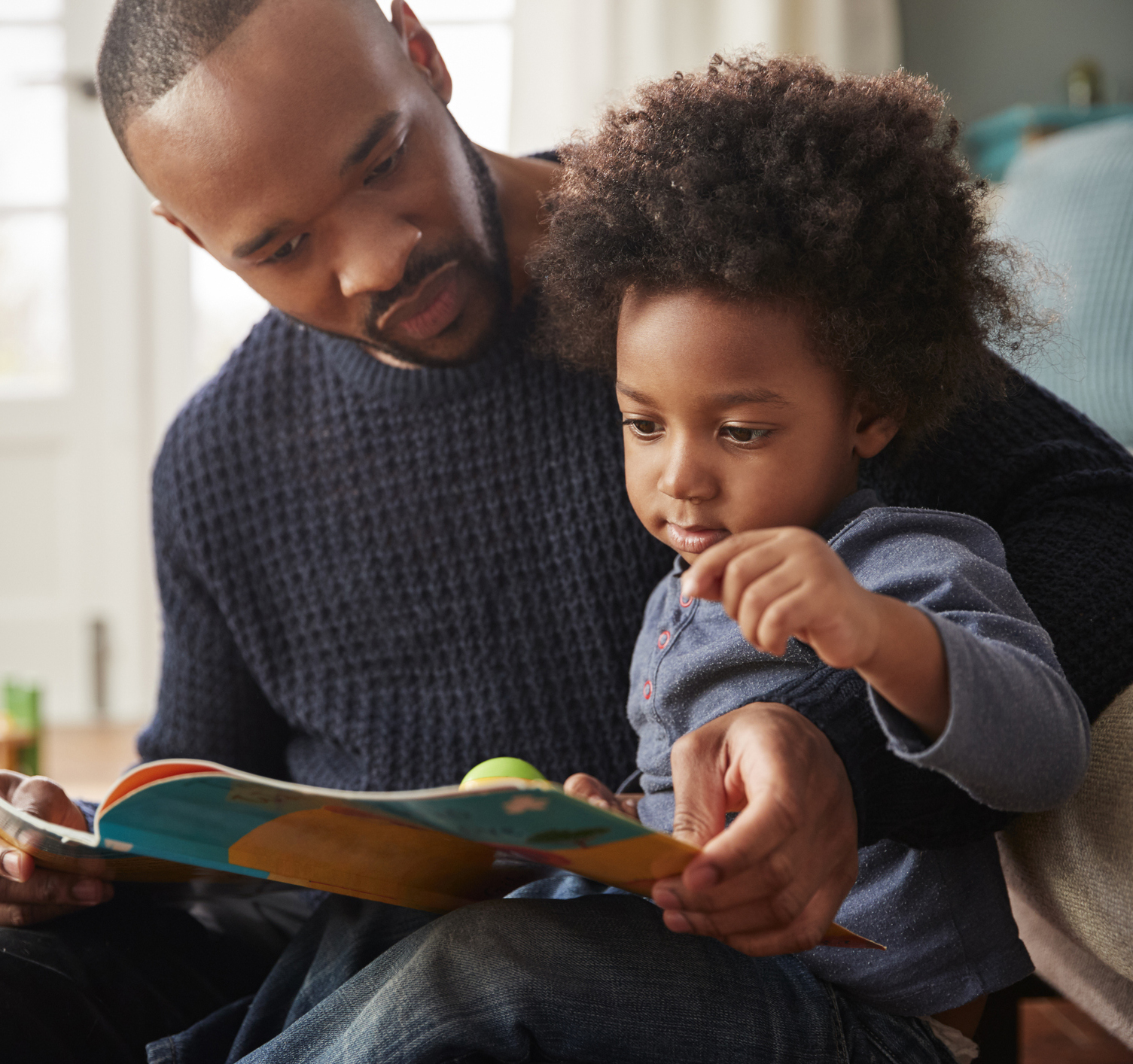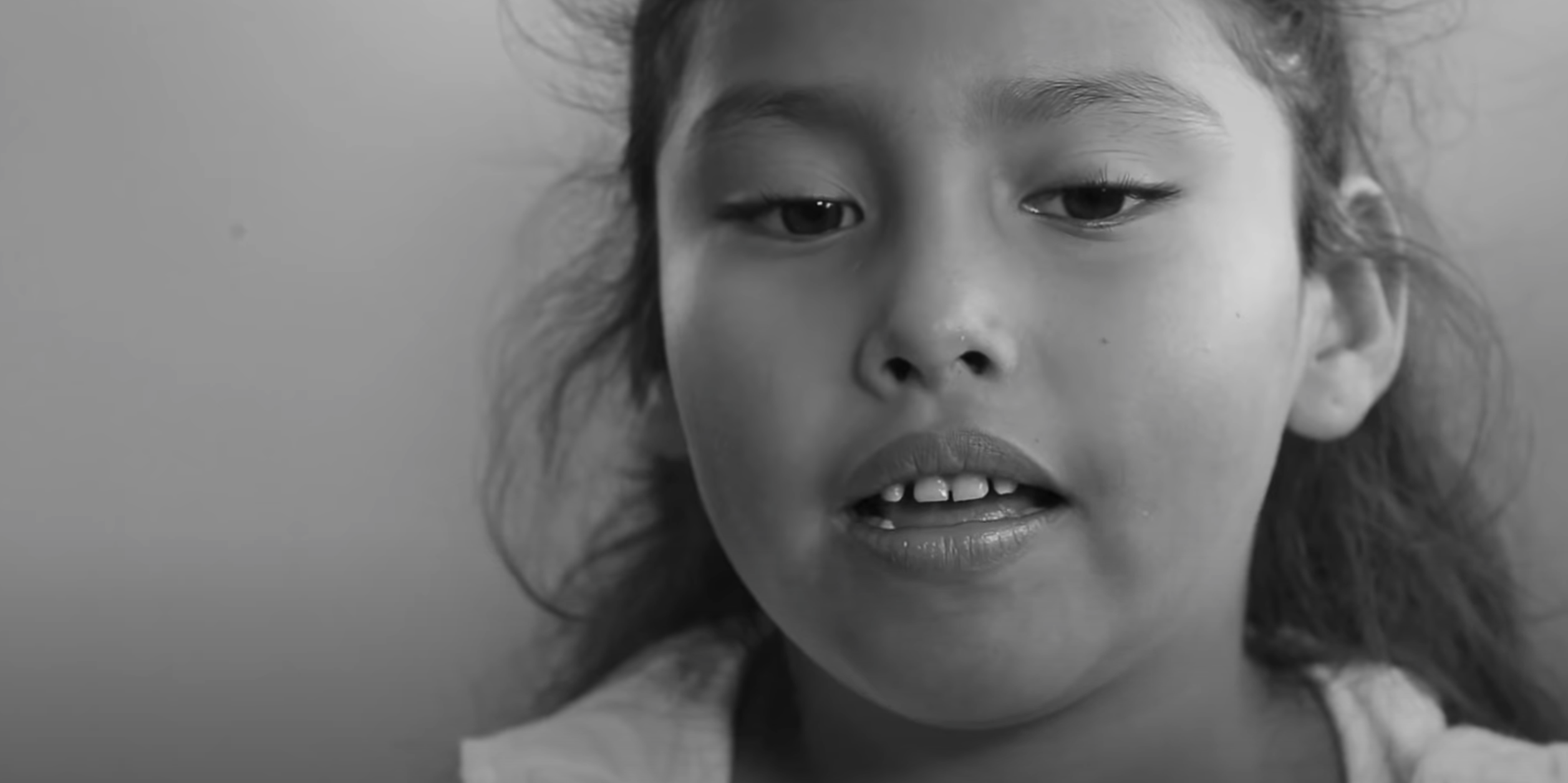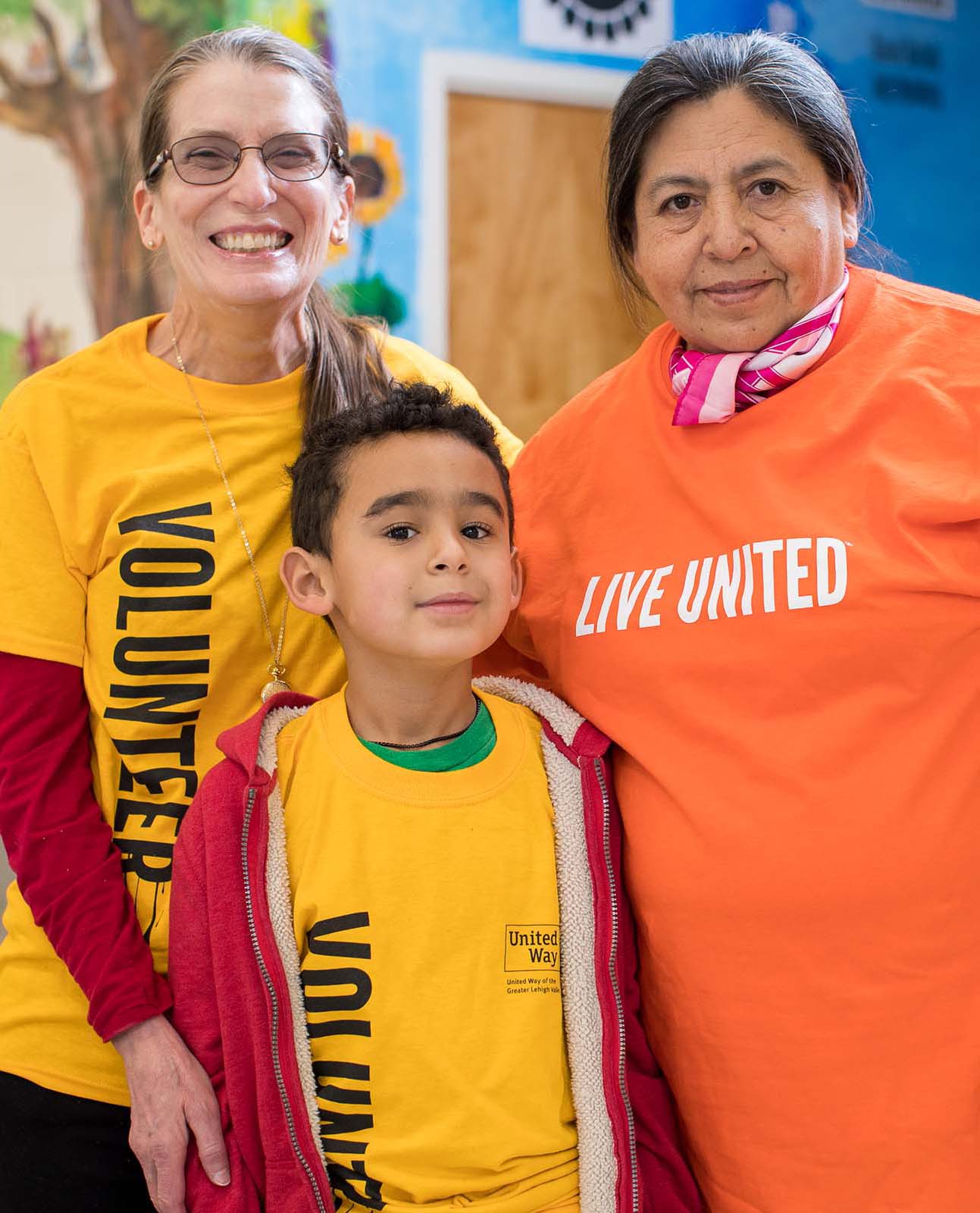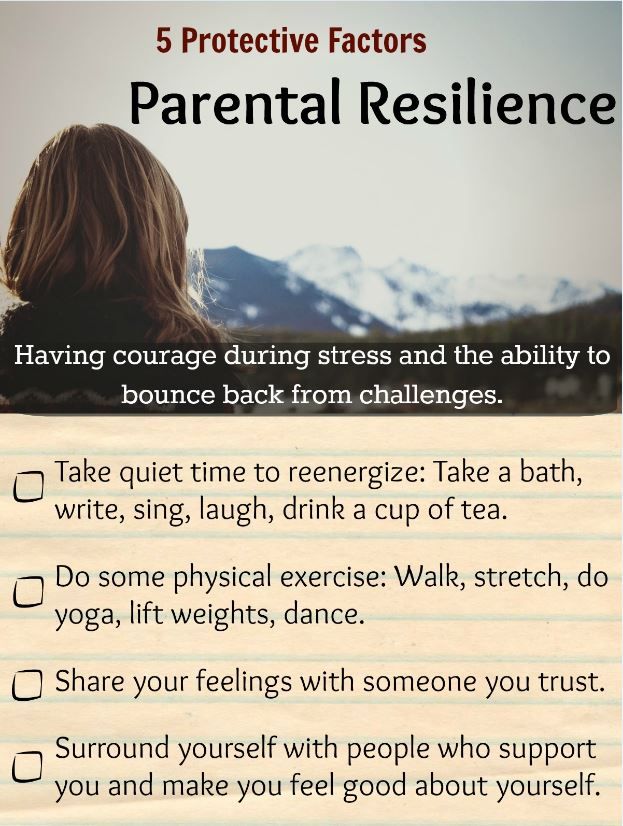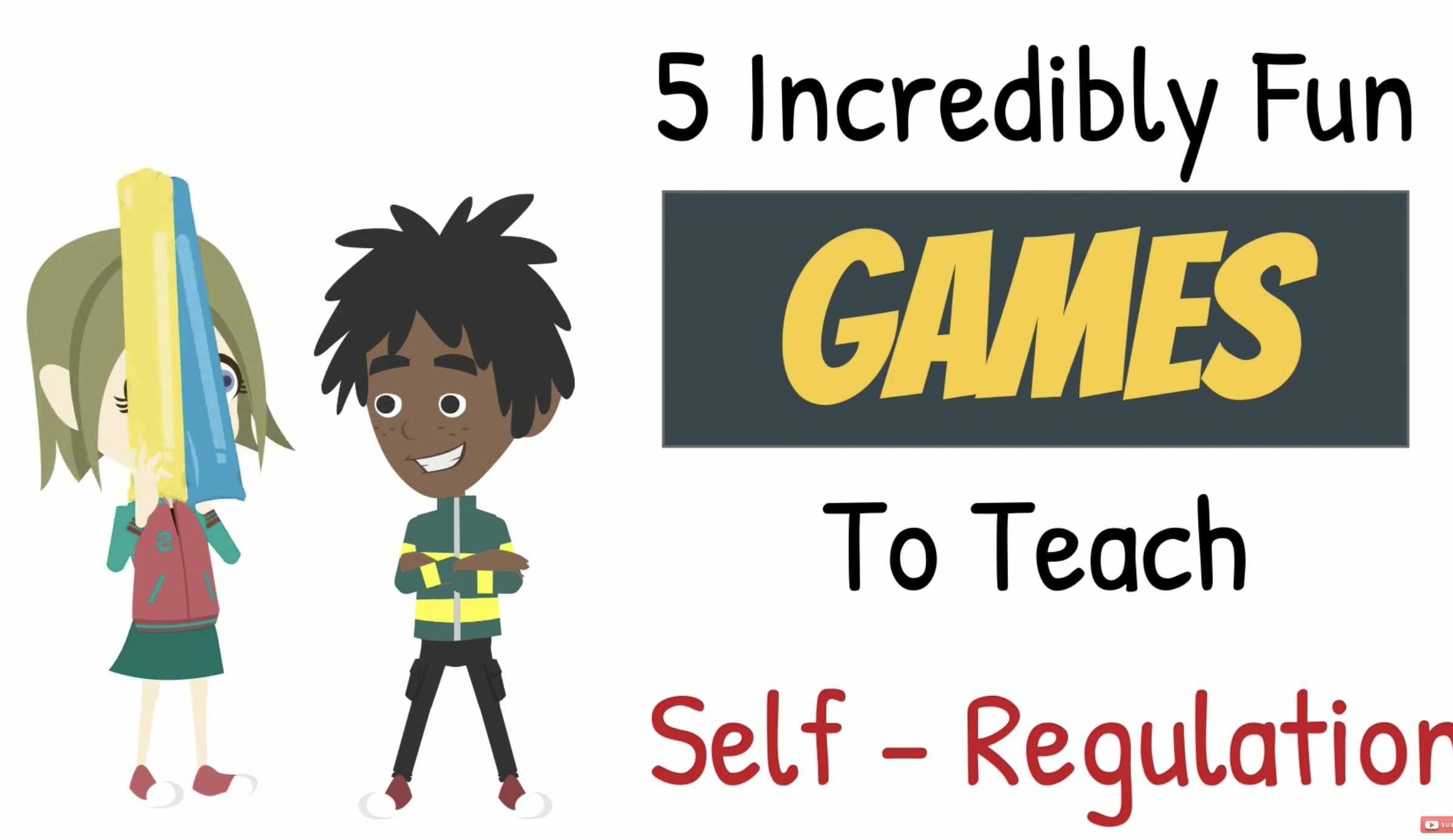Resilience is key to helping children and families heal from trauma.
Resilience is the ability to return to being healthy and hopeful after bad things happen. We can be hurt, but we can heal and grow stronger through the process. The path to healing and resilience is through safe and nurturing relationships with adults, healthy attachments between parents and their children, counseling services when needed, opportunities to learn, grow and build confidence through youth programs (sports, arts, music, theater, dance, church groups, etc.), and safe and supportive environments to learn and grow.
“Resiliency is not as prevalent as we would like to believe. What we do know is that it is strongly related to the belief that somehow you “mattered” to someone: the deep belief that at one time you mattered to another human being” Vincent Felitti, M.D., Co-Principal Investigator, Adverse Childhood Experiences Study
